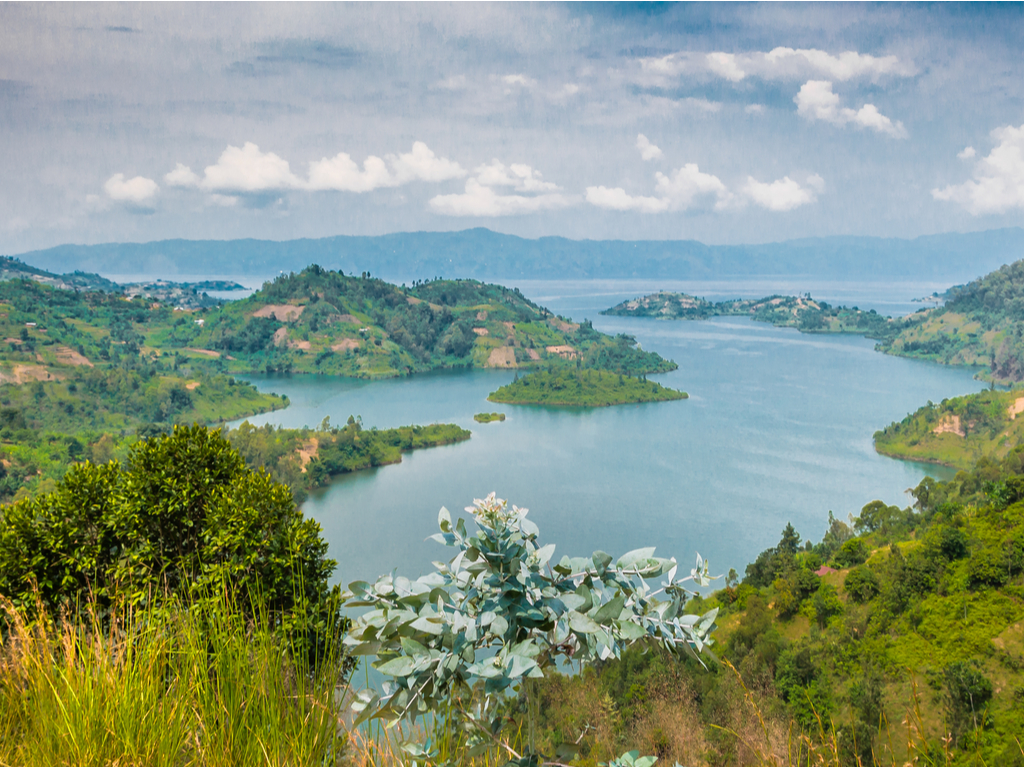The Democratic Republic of Congo (DRC) and Rwanda agreed on May 3rd, 2020 to preserve the biodiversity of Lake Kivu, one of the Great Lakes of Africa, located on the border between the two countries. The agreement was signed between DRC-Congolese Minister of Hydrocarbons Rubens Mikindo Muhima, and Rwandan Minister of Environment Jeanne d’Arc Mujawamariya. The exploitation of methane, which comes from Lake Kivu, will thus be well supervised and biodiversity better protected. “We need the safe exploitation of methane in Lake Kivu for sustainable development in the Great Lakes region in general,” says Rubens Mikindo Muhima, the DRC’s Minister of Hydrocarbons.
The methane from Lake Kivu is then transformed into electrical energy. According to Rubens Mikindo Muhima, the amount of methane present in Lake Kivu would generate 700 MW of electricity for the DRC and Rwanda and this over a period of 55 years. The governments of the two countries concerned want to seize this opportunity as soon as possible, but not without taking precautions. “Lake Kivu is home to great biodiversity and many natural resources that are important for human life. By exploiting the lake’s resources, we will also ensure that these activities protect biodiversity,” explains Jeanne d’Arc Mujawamariya, Rwanda’s Minister of the Environment.
In addition turning methane into electricity, the two countries are considering turning methane into cooking gas to avoid deforestation. The DRC and Rwanda have also committed to implementing biodiversity-friendly technologies by closely monitoring research and development to reduce the risk of gas explosions. Rwanda has already launched a study to assess the possibilities of setting up this project. The country has also issued a call for tenders for companies to set up gas platforms.
Inès Magoum
